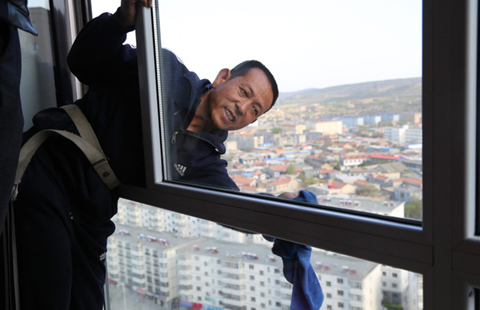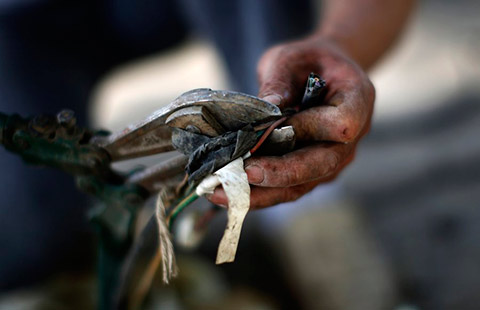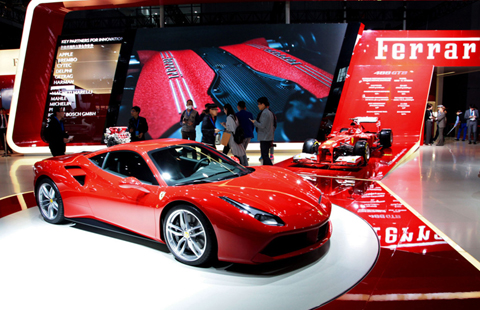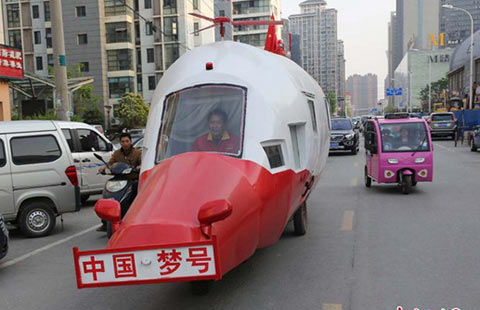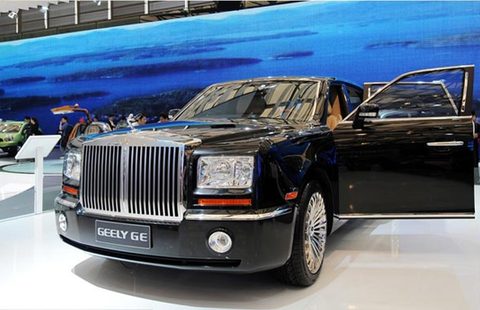Industrial profits continue losing streak
By Chen Jia (chinadaily.com.cn) Updated: 2015-04-27 20:37Sixth month of decline raises risk of defaults on bond payments, analysts say
Profits at Chinese industrial enterprises dropped for the sixth consecutive month in March, falling 0.4 percent year-on-year and raising the default risk for corporate bonds.
During the first quarter, industrial enterprises recorded profits of 1.25 trillion yuan ($204 billion), down 2.7 percent year-on-year, the National Bureau of Statistics reported on Monday.
That still represented a slowdown from the fall of 4.2 percent recorded in January and February. Last year, industrial profits increased 3.3 percent.
He Ping, an economist from the NBS, said that profits were falling more slowly because of the faster decline in raw material prices in March. Raw material prices slid 5.7 percent last month, compared with 5.5 percent in the first two months.
Meanwhile, investment income of industrial enterprises increased 7.77 billion yuan last month, compared with a decline of 3.06 billion yuan from January to February, He said.
In the first quarter, State-owned industrial companies recorded 249.6 billion yuan of profit, down 29.3 percent year-on-year; while profits of private companies stood at 450.38 billion yuan, up 6.8 percent.
Inventory buildups in response to sluggish demand and tight cash flows will constrain profit growth for industrial companies in the coming months, and that will increase debt risk, the NBS economist said.
Baoding Tianwei Group Co Ltd, a producer of electric and solar equipment and a wholly owned subsidiary of China South Industries Group Corp, failed to make a bond coupon payment due on April 21.
State-owned enterprises may no longer be shielded from credit events in the onshore bond market, experts said.
"That is in line with the Chinese government's intention to allow isolated cases of financial risk and give market forces more say in the economy," said a research note from Fitch Ratings.
The ratings agency said that large SOEs will start stripping off non-core assets with low strategic value, particularly those operating in sectors undergoing a structural downturn and grappling with excess capacity.
"But the government is likely to maintain a cautious stance on defaults involving large amounts, those that involve large corporates in strategic sectors and those that hurt a large number of retail investors in the near term," it said.
First-quarter GDP growth of the country edged down to a six-year low of 7 percent.
The HSBC Holdings Plc released its flash reading for the manufacturing Purchasing Managers Index, which came in at 49.2 in April, a 12-month low.
It showed the sequential slowdown continued as domestic demand continued to decelerate, which led to slower output growth and less restocking.
"The data highlight the challenges of generating a meaningful recovery in the coming quarters," said a report from the bank. "After the poor first-quarter activity data release, the economy already appears to be in deflation on some measures, which warrants much more forceful policy easing measures."
HSBC forecast a 25 basis point cut in benchmark interest rates in the coming weeks.
chenjia1@chinadaily.com.cn
- Auto parts maker targeting substantial growth
- Reports about state firm merger 'unverified': authorities
- Move to clampdown on false ad claims
- Lenovo eyes more Chinese PC market share
- Nippon Paint and Baosteel Cooperate on Charity Programs
- Aegon, Tsinghua Tongfang invest in Chinese life-insurance JV
- Shanghai index jumps 3% on SOE reform
- Chinese airlines deny price hike for Nepal flights
